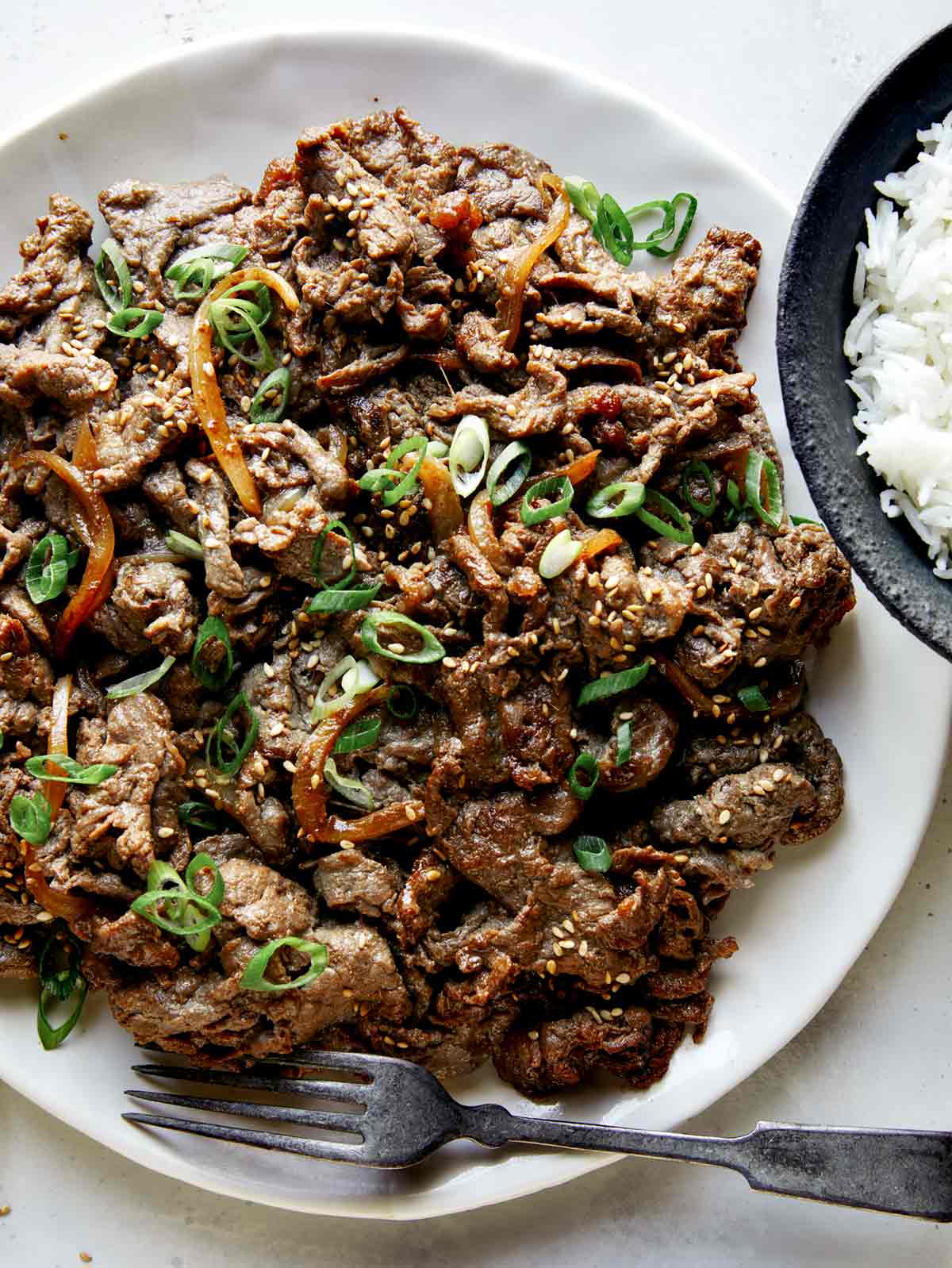Sourcing Sustainable and Ethically Raised Meat for Your Home
Sourcing Sustainable and Ethically Raised Meat for Your Home
Blog Article
From Farm to Table: Fresh and Premium Meat Choices
The trip of meat from farm to table encapsulates an intricate interplay of quality, values, and sustainability. This change not only enhances the dietary profile of meat yet likewise sustains regional economies.
Comprehending Meat Sourcing
As consumers end up being increasingly knowledgeable about the origins of their food, recognizing meat sourcing has obtained vital importance. Meat sourcing includes tracing the trip of meat from ranch to table, encompassing numerous factors such as farming methods, pet welfare, and ecological influence. This understanding encourages consumers to make educated selections that align with their values, specifically concerning sustainability and moral factors to consider.
The sourcing of meat can vary dramatically based on several requirements, consisting of the sort of livestock, farming techniques, and geographical area. Grass-fed beef frequently comes from pasture-based systems that promote pet well-being and lower environmental degradation. On the other hand, traditional meat might entail intensive farming practices that raise issues regarding antibiotic usage and habitat devastation.
Furthermore, traceability plays an essential function in meat sourcing. Recognizing the details ranch or area where the meat stems aids customers ensure quality and safety. Many consumers currently look for qualifications or tags that show gentle therapy and lasting methods, showing a growing demand for transparency in the food supply chain. Ultimately, understanding meat sourcing not just boosts customer option however also fosters liable intake and sustains honest farming practices.
Benefits of Fresh Meat
Selecting fresh meat provides various benefits that prolong beyond taste and structure. Fresh meat usually keeps greater nutritional value contrasted to its icy or processed counterparts. It is usually richer in necessary minerals and vitamins, such as B vitamins, iron, and zinc, which are essential for keeping general health.
Additionally, the sourcing of fresh meat typically entails shorter supply chains, reducing the time in between farm and table. This means that the meat is much less most likely to lose its dietary integrity throughout transportation and storage. In addition, consumers can experience boosted taste and juiciness, which can raise culinary experiences.
Fresh meat also supplies a possibility for customers to sustain neighborhood farmers and promote lasting agricultural methods. When purchasing from regional resources, people can add to their neighborhood economic climate and cultivate a greater link to the food they eat.
Lastly, fresh meat is typically devoid of the preservatives and additives typically discovered in processed alternatives. This makes it a cleaner, healthier option for those looking to minimize their intake of fabricated components. In general, the benefits of choosing fresh meat incorporate wellness, preference, and a feeling of neighborhood engagement.
Animal Well-being Requirements
Making certain high pet welfare standards is essential for both moral factors to consider and the high quality of meat products. The therapy of livestock directly affects not only the ethical effects of meat manufacturing but additionally the total high quality and safety of completion products. Pets increased in humane problems are less stressed, bring about healthier animals and, subsequently, exceptional meat quality.
Laws and certifications worrying animal well-being have come to be progressively significant in the meat sector. These frameworks make certain animals are given with sufficient room, appropriate nourishment, and humane handling throughout their lives. Practices such as pasture-raised systems and free-range atmospheres contribute to much better pet welfare by permitting animals to display natural habits, which is critical for their health.
Moreover, customers are becoming a lot more discerning relating to the resources of their meat, resulting in an expanding demand for products that follow stringent animal well-being standards. This shift not just promotes honest farming official statement techniques but likewise encourages producers to take on measures that improve the wellness and welfare of their pets. Meat. Inevitably, prioritizing animal welfare is not simply an ethical imperative; it is additionally a pathway to creating premium-quality meat that satisfies customer expectations

Sustainable Farming Practices
Sustainable farming methods play a vital function in boosting both animal welfare and the top quality of meat products. By applying rotational grazing, farmers can promote healthy field ecological communities, allowing pets to feed on nutrient-rich yards while avoiding overgrazing.
In addition, sustainable farming typically includes integrated insect administration and natural feed options, lessening using damaging chemicals. This strategy not only safeguards animal well-being however additionally causes cleaner, safer meat products for customers. Water preservation techniques, such as rainwater harvesting and efficient irrigation systems, additionally add to lasting practices, ensuring that resources are used sensibly.
Furthermore, promoting biodiversity with polyculture systems and protecting habitats for wildlife enhances the resilience of farming communities. By prioritizing these sustainable methods, farmers can produce top quality meat that meets consumer need while advertising read the article eco-friendly equilibrium. Ultimately, welcoming sustainable farming practices is essential for creating a more responsible and resistant food system that benefits animals, farmers, and customers alike.
Finding Quality Over Amount
Frequently, customers are encountered with the problem of selecting in between amount and quality when it involves meat items. While buying larger amounts may appear financially beneficial, the long-term advantages of selecting top quality meat much exceed the immediate financial savings. Quality meat is usually sourced from animals raised in lasting environments, where they are offered appropriate nutrition and treatment, resulting in premium flavor and dietary value.
High-quality meats are commonly without hazardous ingredients, hormones, and anti-biotics that are typically existing in mass-produced choices (Meat). This not just makes sure a healthier dining experience yet likewise sustains honest farming techniques that prioritize pet well-being. Furthermore, costs meats tend to have a far better texture and taste, enhancing the general cooking experience
Investing in high quality meat urges consumers to appreciate smaller sized portions, enabling a more mindful strategy to eating. This change not just impacts individual wellness positively however additionally promotes sustainable intake visit homepage patterns that can benefit the atmosphere. Finally, prioritizing high quality over amount when selecting meat items fosters an extra liable and health-conscious lifestyle, eventually enhancing both the eating experience and the planet.
Final Thought

Report this page